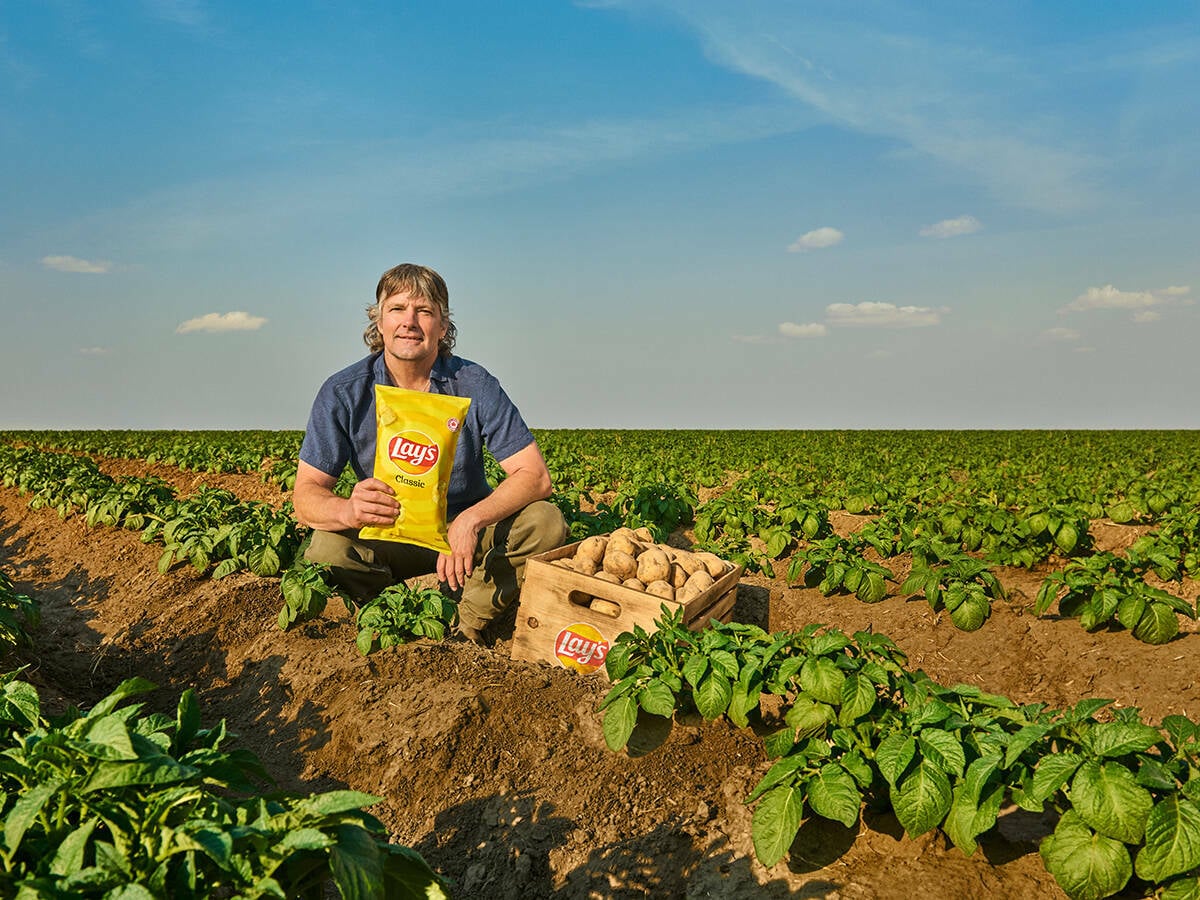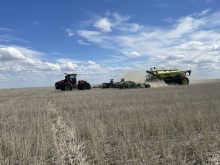Global food prices hit a record high in February, the United Nations said March 3, warning that fresh oil price spikes and stockpiling by importers keen to head off popular unrest would hit already volatile cereal markets.
Rising food prices are a growing global concern, partly fuelling the protests which toppled the rulers of Tunisia and Egypt in January and February, which in turn unleashed unrest in North Africa and the Middle East from Algeria to Yemen.
The UN Food and Agriculture Organization’s Food Price Index hit its second straight record last month, driven by rising grain costs and tighter supply to further pass peaks seen in 2008 when prices sparked riots in several countries.
Read Also

Alberta farmer invited to World Economic Forum
Southern Albertan farmer’s regenerative agricultural practices featured on panels at Davos where nations come together in partnership.
Record highs
FAO economist Abdolreza Abbassian said global food prices are likely to remain close to record highs until the condition of new crops is known, adding that jumps in the oil price could have a bigger impact on grain markets, which have seen benchmark U.S. wheat prices surge 60 per cent in the year to March.
“Until we know about new crops, that means waiting at least until April, our view is don’t expect any major corrections in these high prices, expect even more volatility now that oil has joined the crowd,” Abbassian said in a telephone interview.
Oil prices recently hit 2-1/2-year highs, nearing records set in 2008, with markets spooked on concern that North African and Middle East unrest would choke key supplies.
Farmers depend on fuel to run agricultural machinery, while dry-bulk shippers are heavy oil users, costs which are passed on to food buyers.
Spiralling shipping costs for commodities threaten to drive food inflation even higher as nations from Asia to the Middle East and Africa scramble for supplies, analysts say.
Stockpiling by some major grain importers “beyond countries’ normal needs” seeking to head off political unrest and secure supplies on domestic markets, has been adding uncertainty and volatility to the markets, Abbassian said.
“Political instability in the regions and countries affects the markets by adding uncertainty: will a country buy or not buy, why it had bought so much now…those things are disruptive to the normal trade,” he said.
Biofuels
Corn and soybeans usually tend to follow crude oil prices closely as they are used as a commodity to produce biofuels, with demand from that sector fuelling the 2008 spike.
Abbassian said rising oil prices can help biofuels regain soon a major role they played in driving food prices in 2008.
Bigger grain stocks now than in 2007-08 are serving as a buffer to prevent the rerun of the food crisis, but the FAO has been concerned about the heavy use of stocks, Abbassian said.
The FAO statement said it expected a tightening of the global cereal supply and demand balance in 2010-11.
“In the face of growing demand and a decline in world cereal production in 2010, global cereal stocks this year are expected to fall sharply because of a decline in inventories of wheat and coarse grains,” the agency said.
FAO said it forecasts global wheat production to increase by around three per cent in 2011.














